Oranges may be the poster child for vitamin C, but they’re far from the only — or even the best — source. If you’re looking to shake up your immune-boosting routine, it’s time to venture beyond the citrus aisle.
From bold tropical fruits to crunchy veggies hiding in plain sight, nature offers a rainbow of flavorful options that outshine oranges in the vitamin C department.
This list highlights ten unexpected powerhouse foods that pack even more of this essential nutrient per serving.
Whether you’re aiming to support your immune system, brighten your skin, or improve nutrient absorption, these tasty picks deliver the goods — and then some.
1. Red Bell Peppers
Red bell peppers are vibrant, and they pack a punch when it comes to vitamin C. Surprisingly, they contain nearly three times the vitamin C of oranges. Their sweet, crisp taste makes them a favorite in salads and stir-fries.
Not only do they boost your vitamin intake, but they also add a splash of color to your meals. Red bell peppers are also rich in antioxidants, which support eye health and reduce inflammation.
This delightful vegetable is versatile and can be roasted, grilled, or eaten raw. Enjoy them as a crunchy snack or incorporate them into your favorite dishes to enhance both flavor and nutrition.
2. Kiwi
Kiwi, a small green powerhouse, is perhaps not the first fruit you think of for vitamin C. However, one medium kiwi provides more of this essential vitamin than an orange. Its tangy-sweet flavor is a delightful addition to fruit salads and smoothies.
Not only is kiwi loaded with vitamin C, but it also contains fiber, vitamin K, and potassium. This fruit supports digestion and heart health, making it an excellent choice for a balanced diet.
Whether you enjoy it on its own or sliced over yogurt, kiwi brings a tropical flair to your meals and boosts your nutrient intake.
3. Guava
Guava is a tropical delight, bursting with vitamin C. Each fruit contains more than four times the vitamin C found in an orange. Its unique flavor profile, combining sweetness and a hint of tartness, makes it stand out in fruit salads.
Rich in dietary fiber, guava supports digestive health. It’s also packed with antioxidants that help combat free radicals. This fruit is a true nutritional gem, offering more than just vitamin C.
Enjoy guava fresh or incorporate it into smoothies for a refreshing boost. Its exotic appeal and health benefits make it a must-try for those looking to diversify their vitamin C sources.
4. Strawberries
Strawberries are not just a summer treat; they’re also a fantastic source of vitamin C. A cup of these juicy berries contains more vitamin C than an orange. Their sweetness and vibrant color make them a favorite in desserts and breakfast dishes.
Besides vitamin C, strawberries are rich in antioxidants and manganese which support skin health and reduce inflammation. They are also low in calories, making them a guilt-free snack option.
Whether enjoyed fresh, in smoothies, or as a topping for pancakes, strawberries add a touch of sweetness and a vitamin boost to your day.
5. Papaya
Papaya is a tropical fruit celebrated for its rich vitamin C content. One small papaya can provide nearly double the vitamin C of a single orange. Its sweet, buttery texture makes it a delightful addition to fruit bowls and smoothies.
Beyond vitamin C, papaya is a great source of vitamin A and folate, supporting vision and skin health. This fruit also aids in digestion, thanks to the enzyme papain.
Incorporate papaya into your diet by enjoying it fresh or blended into tropical drinks. Its exotic flavors and health benefits make it a wonderful choice for a nutritious snack.
6. Black Currants
Black currants stand out with their rich, deep color and impressive vitamin C content. They contain over three times as much vitamin C as an orange. The intense flavor of these berries makes them popular in jams and desserts.
In addition to vitamin C, black currants are filled with antioxidants that support heart health and boost the immune system. These berries also contain anthocyanins, known for their anti-inflammatory properties.
Enjoy black currants in various forms, whether fresh, dried, or as a juice. Their robust flavor and health benefits make them a versatile and nutritious addition to your diet.
7. Broccoli
Broccoli, often hailed as a superfood, is packed with vitamin C. Surprisingly, a single serving can provide more vitamin C than an orange. This cruciferous vegetable is a staple in health-conscious kitchens.
Besides vitamin C, broccoli is rich in fiber, vitamin K, and calcium, making it excellent for bone health. Its antioxidants also help detoxify the body and improve heart health.
Whether steamed, roasted, or added to salads, broccoli offers a crunchy texture and nutritional boost to any meal. It’s a versatile vegetable that deserves a spot on your plate.
8. Brussels Sprouts
Brussels sprouts, though sometimes overlooked, are a powerhouse of nutrients. These mini cabbages contain more vitamin C per serving than an orange, contributing to a robust immune system.
Beyond vitamin C, Brussels sprouts are rich in vitamin K and fiber, essential for bone health and digestion. Their unique, slightly nutty flavor becomes even richer when roasted or sautéed.
Whether served as a side dish or incorporated into main courses, Brussels sprouts offer a delightful crunch and a nutritional punch to your meals. They’re a tasty way to elevate your vitamin intake.
9. Pineapple
Pineapple is a tropical fruit that delights with its sweet and tangy taste. Surprisingly, it also boasts a higher vitamin C content than an orange. This fruit is a favorite in tropical drinks and desserts.
Pineapple is rich in bromelain, an enzyme that aids digestion and reduces inflammation. Its vitamin C content supports skin health and boosts immunity.
Enjoy pineapple freshly sliced, grilled, or blended into smoothies. Its juicy texture and health benefits make it a refreshing addition to your diet, especially in the warmer months.
10. Acerola Cherries
Acerola cherries, though small in size, are giants in vitamin C content. These cherries provide significantly more vitamin C than an orange, making them a potent source of this essential nutrient.
In addition to vitamin C, acerola cherries offer vitamin A and important minerals like iron. They are often used in supplements and juices for their health benefits.
Enjoy acerola cherries fresh or as a juice to tap into their nutritional potential. Their tangy flavor and vibrant color make them an exciting choice for those seeking to enhance their vitamin intake.

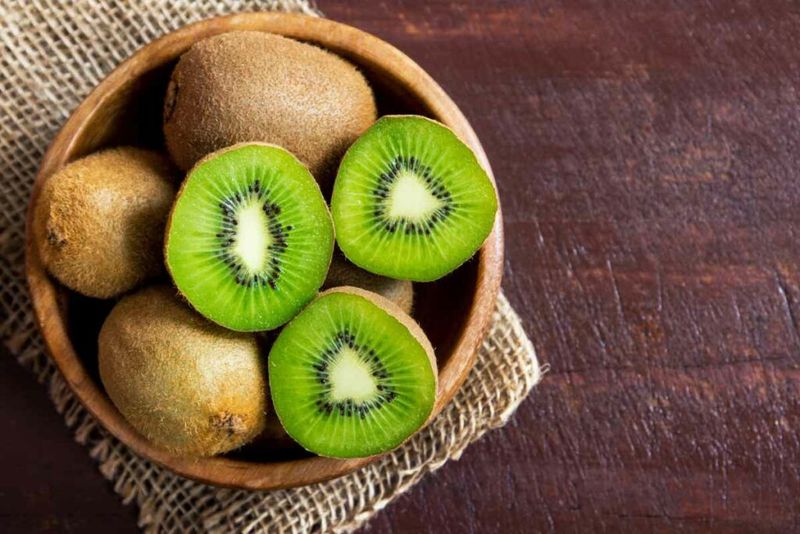


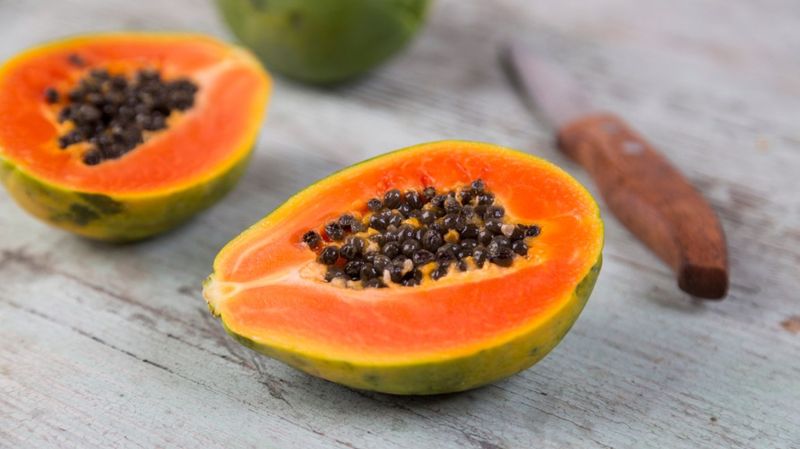
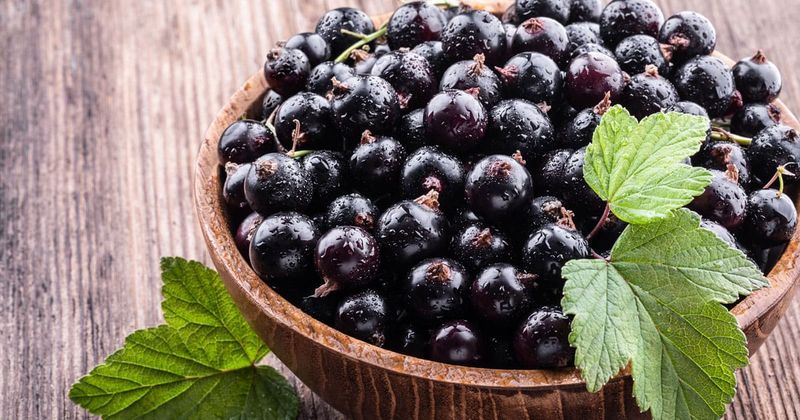
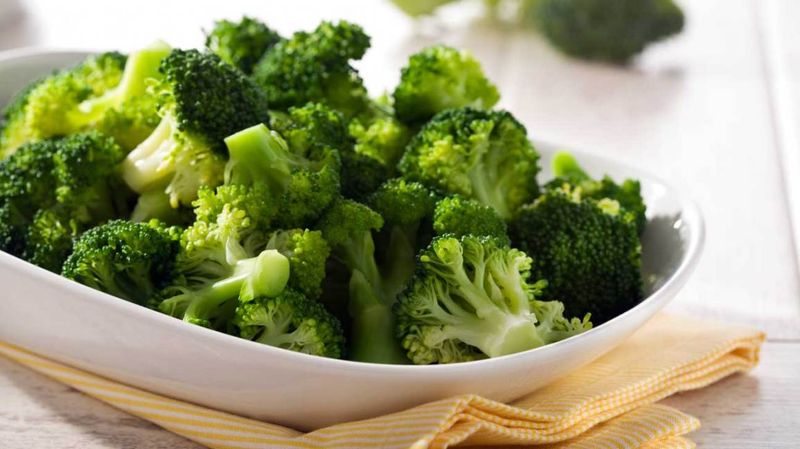


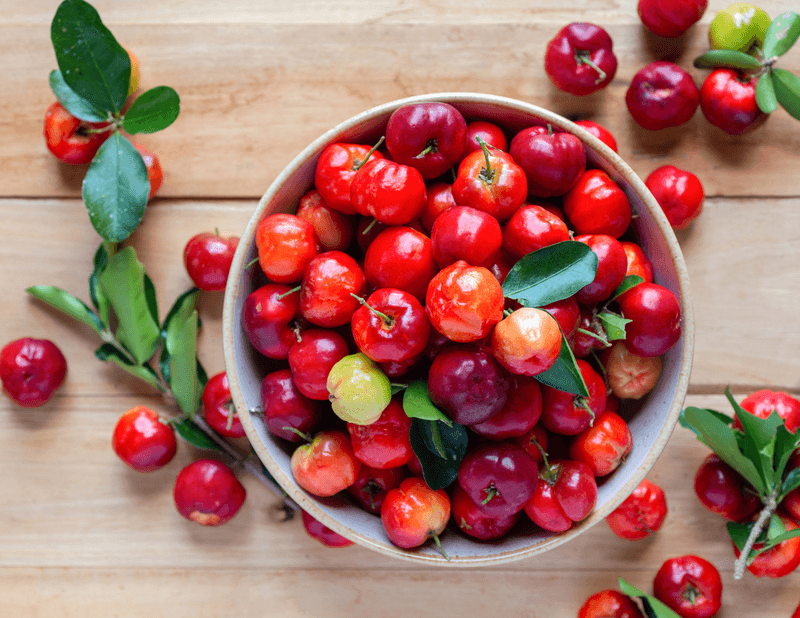
Leave a comment